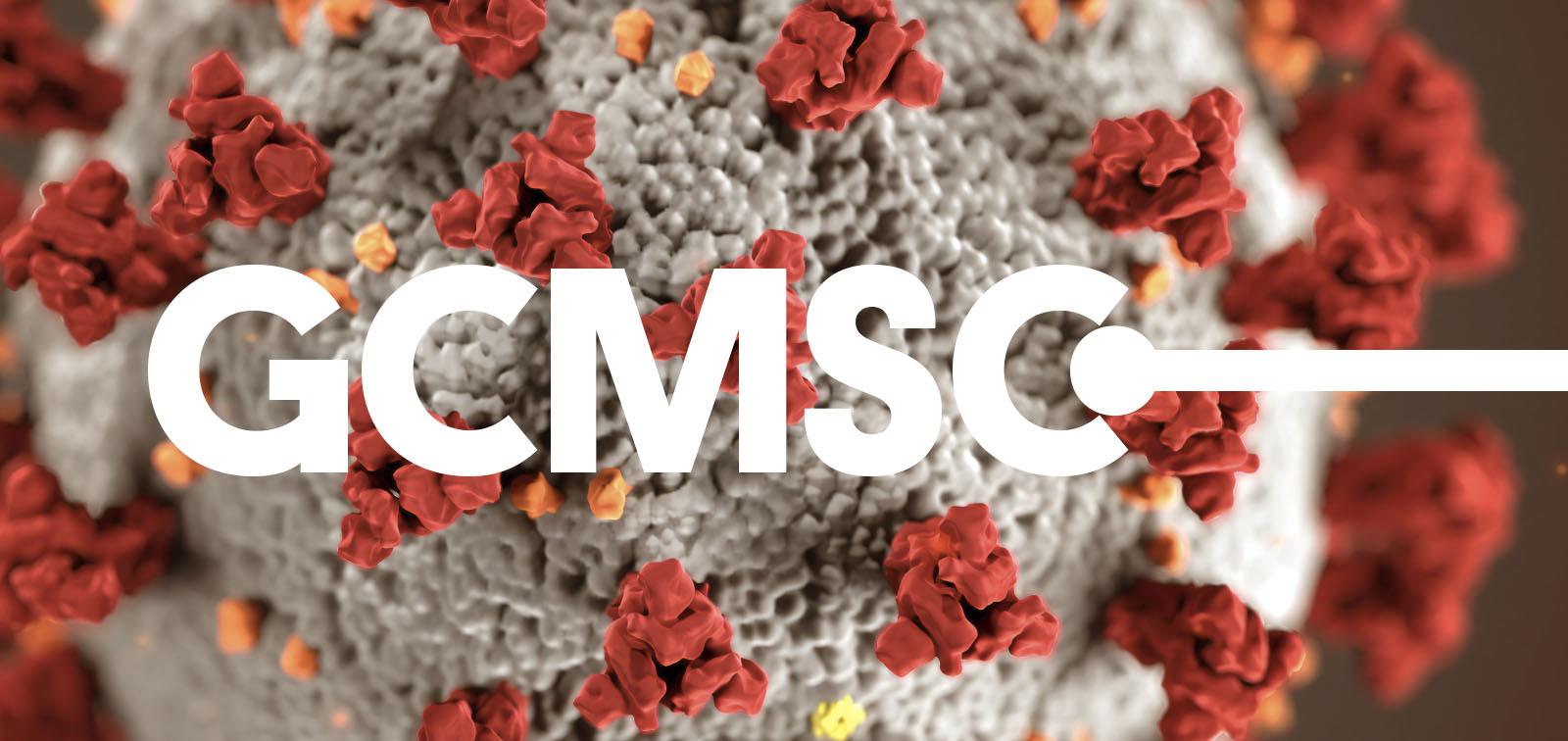Multidisciplinary Collaborative Group for the Scientific Monitoring of COVID-19

In an unprecedented social and health crisis like the COVID-19 pandemic, generating and summarising scientific evidence to inform technical and political decisions is a key challenge. Unfortunately, experts have been overwhelmed in their role as a key element of the pandemic response, and the structures naturally positioned to lead and orchestrate this response—such as public health agencies—have been outpaced by the speed and magnitude of the unfolding events.
This is the backdrop against which the Multidisciplinary Collaborative Group for the Scientific Monitoring of COVID-19 (GCMSC) was created, with the conviction that science and knowledge translation must rise to the challenge posed by the complexity of COVID-19.
The main purpose of the GCMSC is to continuously monitor the body of scientific evidence directly related to the control of COVID-19 and to issue reports that will be useful to government bodies, private entities and society at large. The need for this initiative arises from the challenge of summarising the scientific evidence quickly and with the rigour that the situation demands.
The GCMSC was formed by the Barcelona Institute for Global Health (ISGlobal) and the Barcelona Medical Council (COMB) in collaboration with the Catalan Association of Research Centres (ACER)—three complementary institutions dedicated to health research and the translation of research findings to society as a whole.
Characteristics
- The GCMSC is led and coordinated by a multidisciplinary group of experts recognised for their research track record and specialisation in areas relevant to the COVID-19 crisis.
- The group relies on the input of its vast network of experts in various disciplines (epidemiology, infectious diseases, virology, immunology, etc.) who, where appropriate, are invited to contribute, review materials and make proposals.
- The GCMSC is supported by a technical secretariat that ensures timely monitoring of the constantly evolving scientific evidence and prepares materials for inclusion in the group’s reports. In addition, the GCMSC analyses the best available international reports and frames scientific knowledge on COVID-19 within the context of the data and circumstances of Catalonia.
- The basic operating criteria of the GCMSC are quality, scientific rigour, punctuality, independence and transparency.
Lines of work
The GCMSC pays special attention to key aspects related to the control of the COVID-19 pandemic in Catalonia, including the following:
- strategies for identifying and isolating cases and contacts
- criteria for implementing and loosening lockdown measures
- use of techniques for diagnosing infection and immunity
- effectiveness of intervention measures
- vaccines and the protection of especially vulnerable groups
- evolution of clinical knowledge of COVID-19 and its chronic effects
The GCMSC is committed to serving the whole of Catalan society, as well as the various government bodies and the leading professional and scientific groups in the fields of medicine and the health sciences.
Members
The members of the GCMSC are Silvia de Sanjosé (epidemiologist, ISGlobal), Josep M. Miró (infectious disease specialist, Hospital Clínic – University of Barcelona), Quique Bassat (paediatrician, ICREA researcher at ISGlobal), Magda Campins (epidemiologist, Hospital Vall d’Hebron), Robert Guerri (internist, Hospital del Mar), Carles Brotons (family doctor, EAP Sardenya), Juana Díez (virologist, CEXS, Pompeu Fabra University), Julià Blanco (biochemist and immunologist, IrsiCaixa-IGHTP), Mireia Sans (family doctor, CAP Borrell), and Adelaida Sarukhan (immunologist and scientific writer at ISGlobal).



